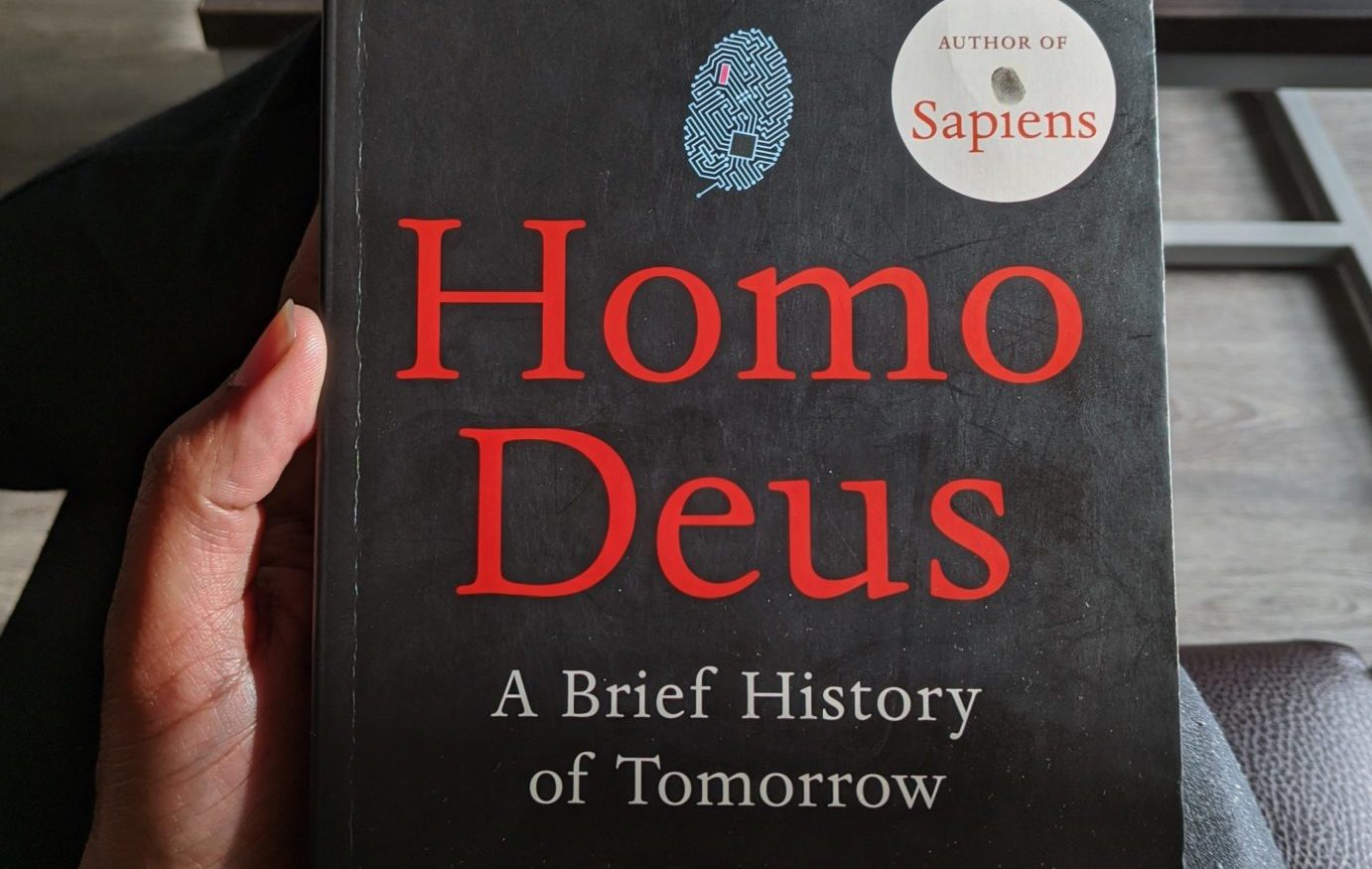That Hideous Strength

In That Hideous Strength, the grand finale of his sci-fi trilogy, C.S. Lewis tells the story of Mark Studdock, a young academic who seeks distinction by joining the “Progressive Element” of his college and, eventually, the sociological organization, N.I.C.E. While Mark is initially awed by the organization’s lofty goals of social and police reform through “correctional” experimentation, he soon discovers the organization’s nightmarish project—that is, the machine-operated head of a guillotined murderer, presented as a second Christ, having been raised from the dead. The glorious evolution of life, according to the villains, was always toward something engineered in a lab.
The most extravagant nightmares of fiction writers like Lewis are, of course, only fiction, and consequently should be taken only for what they are: a warning that, in excess, science becomes scientism and seeks to replace the role of God. Lewis was a classics scholar, after all, making him prone to sentimental preference for the old in the face of brave new realities of the modern world. No one in real science is proposing bringing decapitated heads to life.
But amid all the usual hubbub this week was an interesting conversation about the World Economic Forum, whose founder and chairman Klaus Schwab released part two of his The Great Reset book series: The Great Narrative. In the wake of the discussion, clips from the 2018 WEF summit also resurfaced.
A flashback to 2018 shows Israeli historian and Homo Deus author Yuval Noah Harari delivering a lecture on the future of data ownership. You can watch his full talk here. He sums up all of modern science since Darwin in three words: “Organisms are algorithms.”
“This is the big insight of the modern life sciences, that organisms, whether viruses or bananas or humans, they are really just biochemical algorithms, and we are learning how to decipher these algorithms,” Harari says.
The combination of biology and technology has handed data collectors with unprecedented power. Human beings, he says, can now be hacked, and since they can be hacked they can likely be reverse engineered, meaning men will soon be capable of creating synthetic bodies and brains. Thus, the future masters of the planet are those who control data. This future is only a handful of decades away.
All of life, for 4 billion years—dinosaurs, amoebas, tomatoes, humans—all of life was subject to the laws of natural selection, and to the laws or organic biochemistry. But this is now about to change. Science is replacing evolution by natural selection with evolution by intelligent design. Not the intelligent design of some god above the clouds, but our intelligent design, and the intelligent design of our clouds—the IBM cloud, the Microsoft cloud. These are the new driving forces of evolution. And in the same time, science may enable life, after being confined for 4 billion years to the limited realm of organic compounds, science may enable life to breakout into the inorganic realm.
Here is not just an eerie coincidence that seems to echo Lewis’s imagination from more than 75 years ago. What makes Lewis’s fiction true is the same thing that makes the idea of such stunning human ability sickening—that is, men who play at being God. At the back of what would certainly be the most remarkable new discovery in all of human history is the oldest sin that ensnared men on day one.
Nihil sub sole novum.